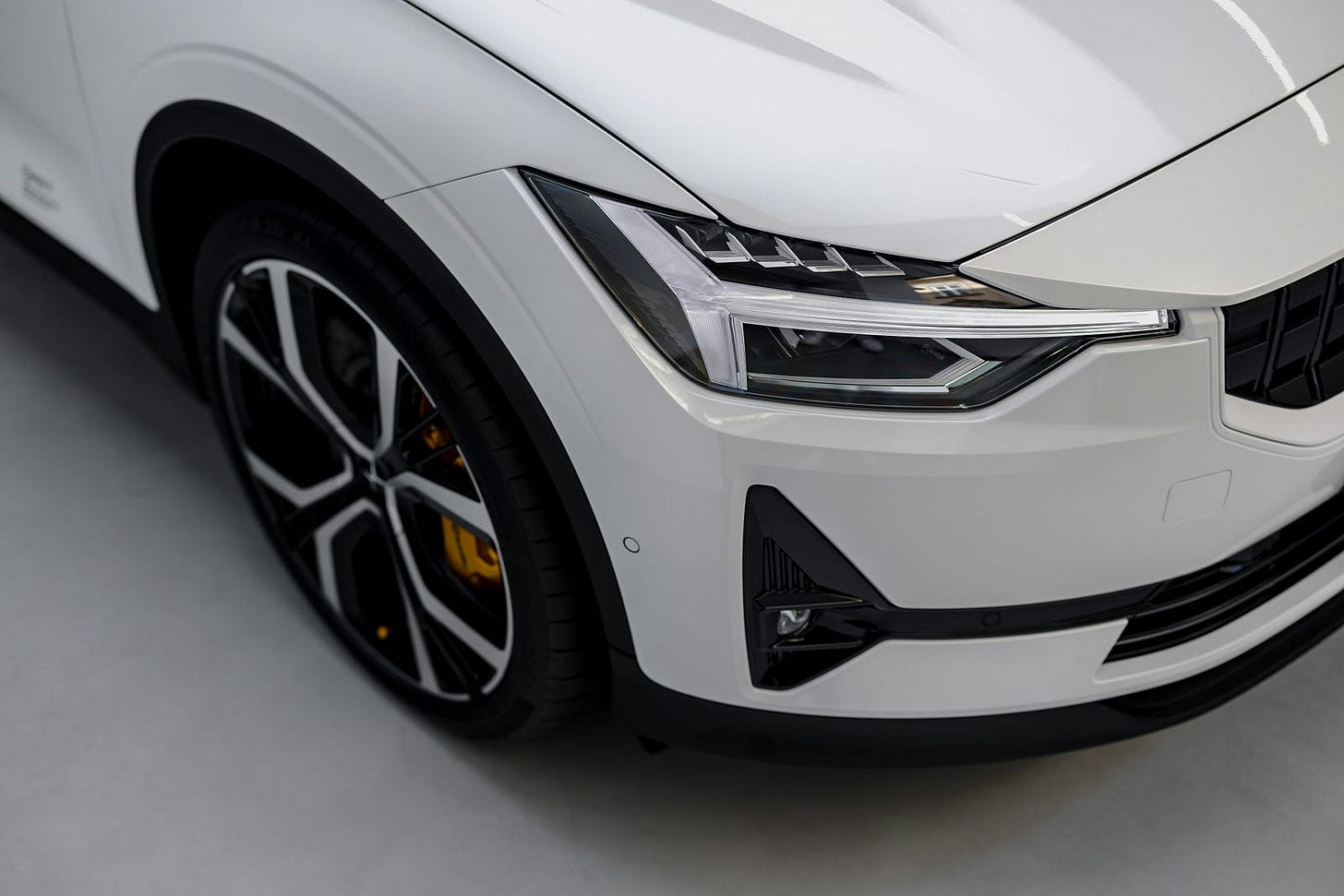Are EVs Empowering Forced Labour?
The world's biggest battery manufacturer is facing some heavy criticism.

EVs are brilliant. No matter how you spin it, they are much better for the environment and our health than any combustion engine vehicle. But, as with any new technology, they have changed the power dynamics in the automotive sector. Where once countries used vehicles whose parts were produced mostly domestically or in nearby countries, we now ship parts across the entire world. While globalisation is not inherently bad, this opens up the market to potentially damaging forces. Well, US lawmakers have reportedly found one such force, accusing the world’s largest battery maker, which provides most American EV manufacturers with their batteries, of using human-rights-breaching forced labour and demanding the US blacklist their products. But there is more to this story than meets the eye.
To understand this, we first need to understand what China is doing to the Uyghur people.
The Uyghurs are a native Muslim ethnic minority in northern China. Since 2014, under the orders of Xi Jinping, the Chinese government has persecuted them. They have rounded them up in internment camps, “re-educated” them to conform to the rest of China, and forced them to do unpaid labour. In fact, this is the largest detention of ethnic and religious minorities since WW2. In other words, China is conducting a genocide against the Uyghur people and is in massive breach of human rights. As such, much of the West has blacklisted products that use Uyghur forced labour at any point in their supply chain.
This has impacted several Chinese industries. Notably, some solar panel manufacturers can’t export to the US any more. But battery manufacturers have, for the most part, been squeaky clean.
But, on the 6th of June, The Republican-led US House Select Committee on the Chinese Communist Party (the Chinese government) published letters claiming to have found new evidence implicating two battery manufacturers, CATL and Gotion, in using state-sponsored slave labour of the Uyghur. The letters, co-signed by Senator Marco Rubio and House of Representatives members John Moolenaar, Mark Green, Carlos Gimenez and Darin LaHood, called for CATL’s and Gotion’s products to be blacklisted because of these links.
To say this is a bombshell report is putting it lightly. CATL is the largest battery manufacturer in the world, and its batteries are used by BMW, Mercedes, Hyundai, Honda, Chrysler, Tesla, Toyota, VW, Ford, Renault and Nissan, just to name a few. Similarly, Gotion is partly funded by VW and is set to be a major supplier of theirs. Blacklisting CATL’s and Gotion’s batteries would shake the very core of the EV world. In fact, CATL plays such a large part in the EV industry that if they were blacklisted from the US, it could collapse the EV industry in the West.
So, what is the evidence?
Well, they apparently found evidence that CATL used lithium-ion anode materials from a company owned by the Xinjiang Production and Construction Corps (XPCC). Another one of CATL’s suppliers is Yibin, which is partnered with XPCC. XPCC has already been sanctioned by the US over its extensive use of forced labour. They also found that CATL sources electrolytic nickel from a subsidiary of Xinjiang Nonferrous, which is closely tied to many aspects of the Uyghur genocide, not just forced labour. Similarly, they found that Gotion sourced materials from XPCC as well as Xinjiang Joinworld, another company tied to many aspects of the Uyghur genocide, not just forced labour.=
Sounds pretty damning, right?
Well, possibly not.
CATL has vehemently denied the allegations, calling them “groundless and completely false.” They even went on to say, “With some suppliers quoted in the letter, business relations ceased long ago. With other suppliers, business relations have been conducted with different subsidiaries and with absolutely no connection to forced labour or anything that violates US applicable laws and regulations. With still others, we have never procured any products from them, and the cited information is simply wrong and misguided.” Gotion mirrored CATL’s stance, calling the claims “completely unfounded and absolutely wrong.”
So, who do we believe? Chinese companies aren’t known for their honesty, particularly those close to the Chinese government. Mind you, Republican lawmakers have an even worse track record for honesty, with many of them supporting a coup based on false pretences only a few years ago.
So, who do we believe?
Well, I think this matter needs more research than some politicians’ letters. There is a chance they are telling the truth. But when you step back, it’s obvious CATL and Gotion likely wouldn’t use forced labour, and it is obvious why Republicans would want their products blacklisted.
A huge part of both CATL’s and Gotion’s business are in Western countries which have a policy of blacklisting products linked to forced labour. It makes no sense for either of them to use forced labour. The tiny amount of money they would save is not worth the vast risk of being blacklisted. What’s more, both CATL and Gotion are independent of the Chinese government, so it’s not like they would be forced to use this labour either. Meanwhile, these Republicans have huge ties to domestic fossil fuel companies and have a history of being aggressive towards the EV industry. They have every motivation to try and take down the EV industry, and blacklisting CATL would be an easy way to do that in one fell swoop.
So, personally, I think these Republicans are lying. However, given how deeply untrustworthy everyone is in this situation, I think this needs further investigation before making any final judgment or decision.
Thanks for reading! Content like this doesn’t happen without your support. So, if you want to see more like this, don’t forget to Subscribe and help get the word out by hitting the share button below.
Sources: ESN, CATL, Homeland Security Republicans, Asia Financial, Pew Research Center

